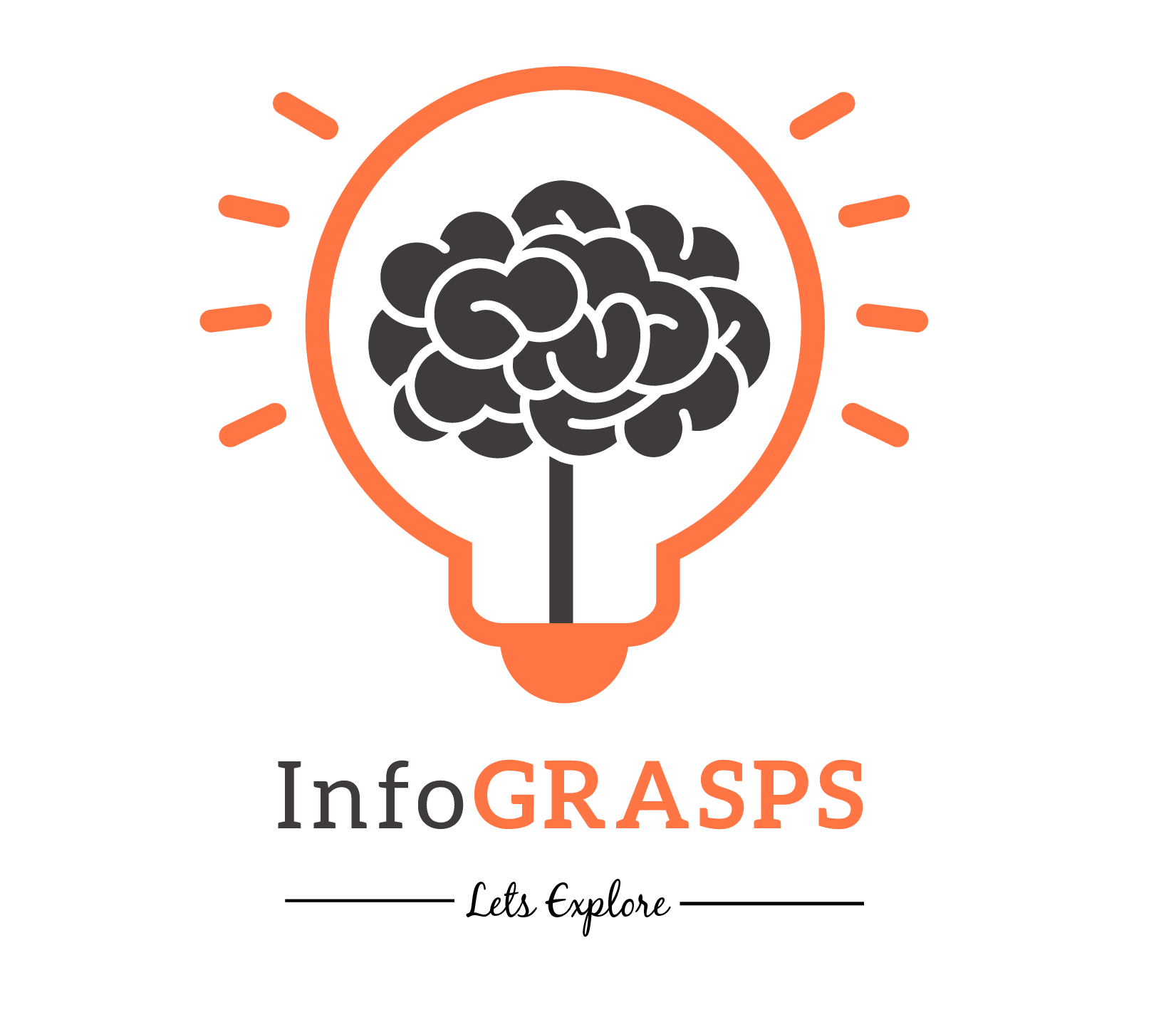Research Methods Qualitative
Basic knowledge of research methods qualitative and tools are essential to collect the best data for research. Basic techniques of analysis help a lot in making an effective research paper or project. Research is crucial for students; it is also a preeminent part of the world’s progress. Without wasting time, let’s jump to the primary classification of techniques and tools of research.
- Quantitative research techniques and tools
- Research methods qualitative
Quantitative research methods and tools
Analysis and collection of objective data, in numerical form, are regarded as quantitative research methods and tools. Before starting data collection, the research designs are created. These designs are not flexible. To control and minimize possible bias, researchers standardize the data collection tools, such as different questionnaires. Taking these measures is considered as a perfect practice.
Research methods qualitative
Research methods qualitative involve exploring feelings of people, different opinions, values, varying attitudes, and behaviours. This type of research also includes understanding the effects of these traits, as mentioned earlier in people in question. Researchers who prefer qualitative data are mostly concerned with people’s opinions, their perspectives about different topics, and how they relate these topics to their lives. One of the essential points in research methods qualitative is how people assign meanings to their lives.
These research methods help generate theories in the development of policies, improvement in educational sectors, supporting the perspective of bringing change in some significant practices, and, most importantly, in the illumination of social issues.
If you and your research team are willing to use research methods qualitatively for your research work, you will have to justify how this method will help you fulfill the need for your research paper and project. And you would also describe how the research methods qualitative data helps address your primary purpose of the research and research questions. For example, you are exploring the values and behavioral changes of individuals while studying public health intervention.
So, in this case, research methods qualitative are the most appropriate research method. For example, why do households contain bet nets when there is no use of them? For seeking a deeper understanding of participants’ viewpoints and investors’ needs, qualitative research methods types are best to provide one with a better context.
Qualitative Research Methods Types
While thinking of the qualitative research method, we assume it is a simple method. But there are many other qualitative research method types. A helpful classification provide us with five major categories which are
- Narrative
- Ethnography
- Case studies
- Grounded theory
- Phenomenology qualitative research
Narrative:
It usually involves a cohesive story of just one or two persons. It rounds about the significant influences on someone’s life, which created that story. It includes reading documents, conducting interviews, and looking for themes. Meetings are held throughout the weeks, or months and sometimes even yearly. But chronological order of the narrative is not essential, rather than it is created like a storyline.
Ethnography
The most suitable and familiar type of research methods qualitative is ethnography. In ethnography, researchers immerse themselves in target aspirants’ environments to better understand challenges, motivations, cultures, themes, and goals that emerge. Rather than only relying on the interviews and surveys, ethnography deals with immersing yourself within the culture, even for years.
For example, an effective way of finding the client’s unmet requirements is to chase them home to find the road as they interact with the item.
Case Studies
Case studies are a useful way to explain companies, organizations, and events. Even quantitative researchers use this method to collect qualitative data. A case study includes a profound understanding of numerous kinds of data sources. This method of qualitative research is exploratory, explanatory, and describes an event.
Grounded Theory
Whereas a phenomenology qualitative research seems to describe the essence of an event or an activity, the grounded theory provides an opinion or an explanation behind the phenomenon. The grounded theory involves the use of interviews and already present documents to build up an approach that is based on qualitative data. In this one of the qualitative research methods types, for identifying themes and building the theories, researchers go through axial coding techniques. To better establish an approach in grounded theories sample size is larger, -between 20 to 60-
Phenomenology Qualitative Research
For describing an activity, an event, or a phenomenon, an appropriate qualitative research method is known as phenomenology qualitative research. Researchers use many methods or combinations of ways such as watching videos, visiting places, reading documents, conducting interviews and attending events. In phenomenology qualitative research, researchers often trust on the clients’ perspective to deliver awareness into their motivations.




